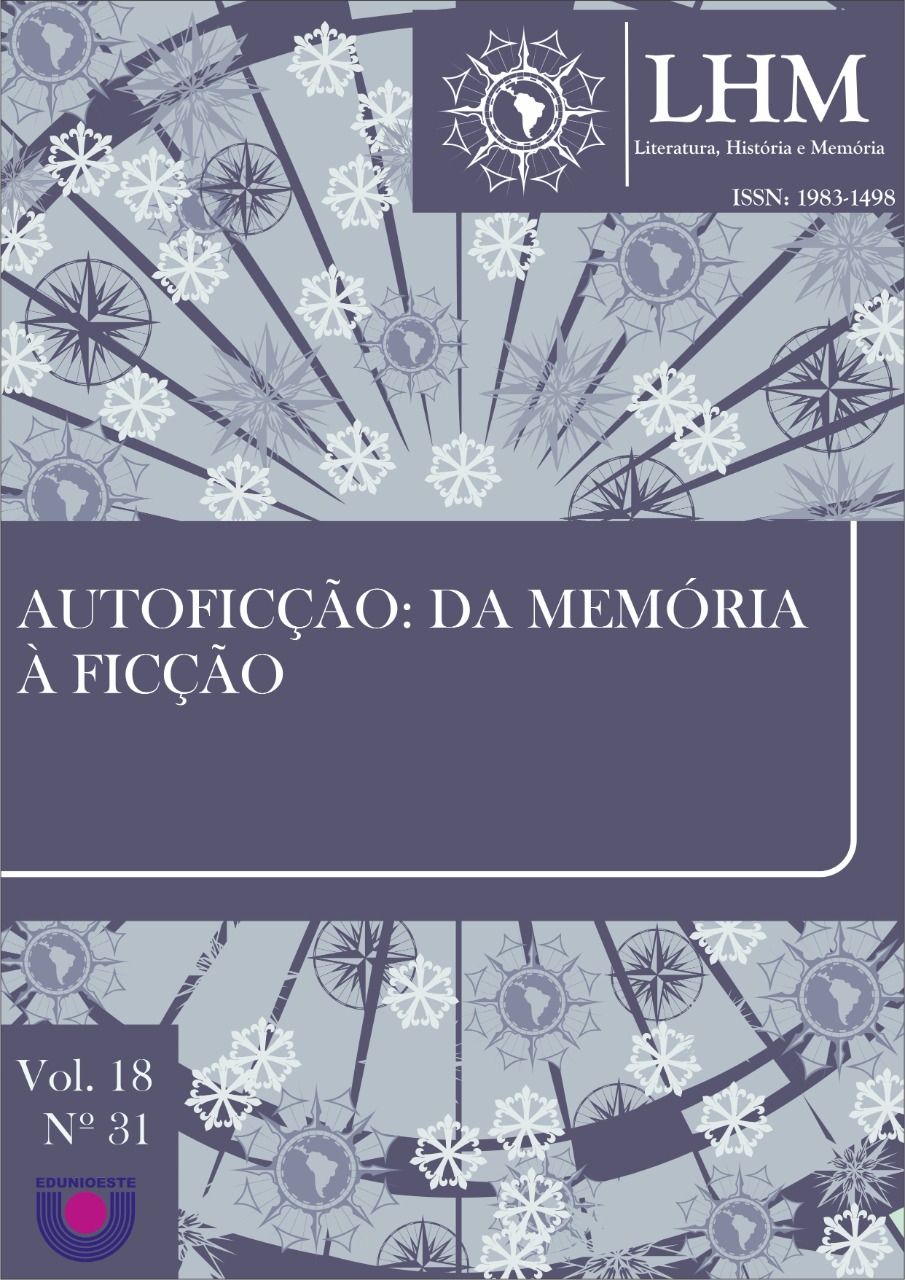Reflections on Chilean feminism within Isabel Allende’s autofictional writing
DOI:
https://doi.org/10.48075/rlhm.v18i31.28987Abstract
With regard to women’s literature produced in Latin America, academics such as Márcia Hoppe Navarro (1995) and Sara Beatriz Guardía (2013) emphasize Isabel Allende on being one of the first authoresses to be recognized, still in the 1980s –both in number of copies sold and in compliments from literary critics. As an essential element of her writing, Allende seeks to retell stories of women through fiction, locating them not only as characters, but also as narrators. Furthermore, Allende’s production consists of literary works narrated in the first person, in which there isuse of ficctional writing to analyze and opine on different topics, such as the societal conditions of women in Latin America. In this sense, the paper aims to comparatively analyze the books Mi país inventado(2013) and Mujeres del alma mía(2020), stemming from the concept of autofiction, created by Serge Doubrovsky in 1977, and analyzed by Brazilian theorists Eurídice Figueiredo (2010) and Anna Faedrich (2014; 2016). The research sought to identify convergences and divergences within the (auto)fictional configuration of women in both narratives, besides taking into account the social shift that happened in Chile, in the post-dictatorial period, as of 1990, and after the feminist manifestations from 2018 and 2019. Therefore, the theoretical background was based on Verónica Feliu (2009); Valentina Saavedra and Javiera Toro (2018); Catherine Reyes-Housholder and Beatriz Roque (2019), who investigate the roles and conditions of Chilean women following the aforementioned periods, in addition to the influence of feminist movements in the country.
Downloads
Published
How to Cite
Issue
Section
License

This work is licensed under a Creative Commons Attribution-NonCommercial-ShareAlike 4.0 International License.
Aviso de Direito Autoral Creative Commons
Política para Periódicos de Acesso Livre
Autores que publicam nesta revista concordam com os seguintes termos:
1. Autores mantém os direitos autorais e concedem à revista o direito de primeira publicação, com o trabalho simultaneamente licenciado sob a Licença Creative Commons Attribution que permite o compartilhamento do trabalho com reconhecimento da autoria e publicação inicial nesta revista.2. Autores têm autorização para assumir contratos adicionais separadamente, para distribuição não-exclusiva da versão do trabalho publicada nesta revista (ex.: publicar em repositório institucional ou como capítulo de livro), com reconhecimento de autoria e publicação inicial nesta revista.
3. Autores têm permissão e são estimulados a publicar e distribuir seu trabalho online (ex.: em repositórios institucionais ou na sua página pessoal) a qualquer ponto antes ou durante o processo editorial, já que isso pode gerar alterações produtivas, bem como aumentar o impacto e a citação do trabalho publicado (Veja O Efeito do Acesso Livre).
Licença Creative Commons
Esta obra está licenciada com uma Licença Creative Commons Atribuição-NãoComercial-CompartilhaIgual 4.0 Internacional, o que permite compartilhar, copiar, distribuir, exibir, reproduzir, a totalidade ou partes desde que não tenha objetivo comercial e sejam citados os autores e a fonte.


